A bathroom shower is a fixture that allows its user to cleanse his or herself under a continuous flow of water. Showers are vital in every home, they are just as essential as bathing regularly is to your personal hygiene. But within its basic definition and simple use, it is a very broad topic. There are different types of showers, categorized either by size, shape, or by their means of delivering water and each comes with its own benefits and drawbacks.
Are you looking to install showers in your new home? Or are you just bored of the outdated one in your home and want to remodel your bathroom? Whichever side of the coin you fall on, you will find a shower for your needs. Highlighted in this guide are the various types of showers, along with their benefits and drawbacks, to help you determine the best for your bathroom.
Different types of showers
1. Custom showers
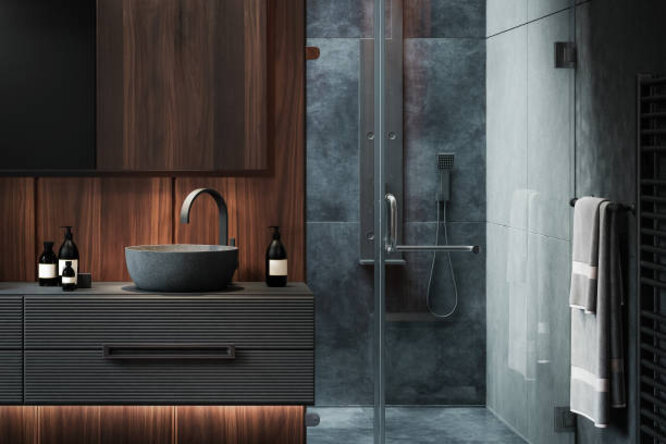
Just as you refer to a custom home as a home that is custom-made to suit the specifications and requirements of the homeowner, the same is said of a custom shower. It can be built from scratch and can also be built or remodeled into an existing shower to meet the requirements of the homeowner.
Benefits
- Aesthetically appealing
- Highly customizable
- They last longer since they are made from high-quality custom materials
- Makes the bathroom look more spacious
Drawbacks
- Custom-made showers tend to be more expensive
- Prone to leaks
- You will need the guidance of a custom home builder and this may incur more cost
2. Electric shower
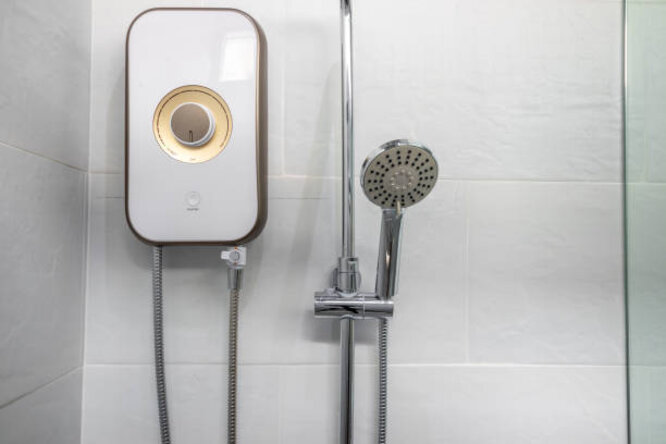
Electric showers are to die for, they provide hot water on demand to users. It heats the water using a hot water cylinder, then the water runs through the shower head. This means that you have an endless supply of hot water as long as you have electricity.
Benefits
- Very cost-effective
- Endless supply of hot water
- Compact or space-saving
- Easy installation
- Not reliant upon boilers or tanks
Drawbacks
- The electrical unit can be a little bit obstructive
- May not always provide you with the same flow rate as other types of showers
- Does not work if the power fails
3. Mixer showers
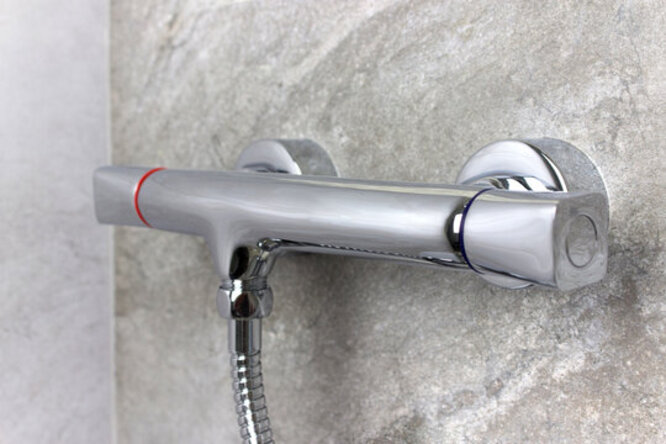
People often get confused about the mixer shower and the electric shower, though they are similar, they differ. Unlike electric showers that are built with shower units that heat the water before release mixer showers are dependent on an existing source of hot water and are released at a pre-set temperature level.
Benefits
- Different styles or designs to choose from
- Fixed temperature (won’t get suddenly cold or hot on you)
- Easily adjustable
Drawbacks
- Prone to water leaking out of the shower head even when the shower is shut off
- The control valve is prone to damage from constant usage
4. Body showers
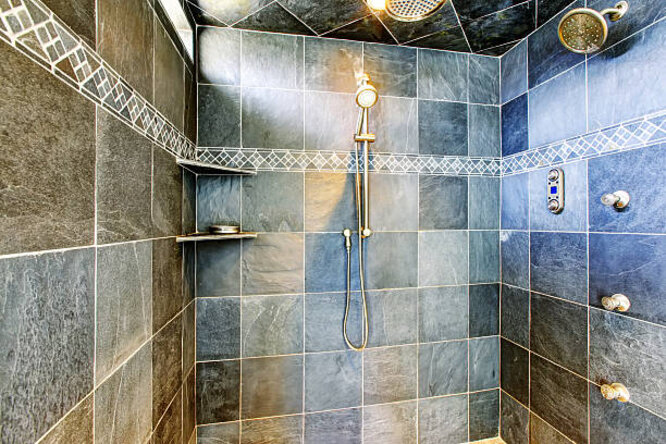
Body showers or drenched showers are the go-to showers if you desire a spa-like treatment from the comfort of your home. They are designed with multiple outlets placed at different heights so water can be sprayed from different directions and levels all over your body.
Benefits
- Very relaxing, refreshing, and invigorating (spa-like experience)
- Very effective cleaning tool as it reaches more spots that other types of showers will not be able to reach
Drawbacks
- You will experience increased water usage with this type of shower which will in turn impact the water bill
- The cost of purchase and installation is high
5. Tub-shower combo
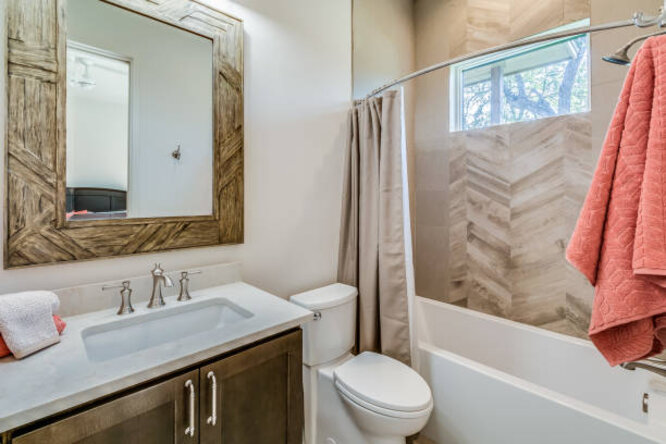
Rather than having both components installed individually, you can have the tub-shower combo installed. Tub showers feature a normal tub with a faucet and shower head installed into the tub. This way, you can have your normal shower and a relaxing soak whenever you want.
Benefits
- Installation is not complicated
- Take up less space than a separate shower and tub (ideally for smaller bathrooms and for homes with kids)
Drawbacks
- Very difficult to clean
- The aesthetics may not be for everyone
- Aged people or people with mobility disorders might have issues using this type of shower
6. Walk-in showers
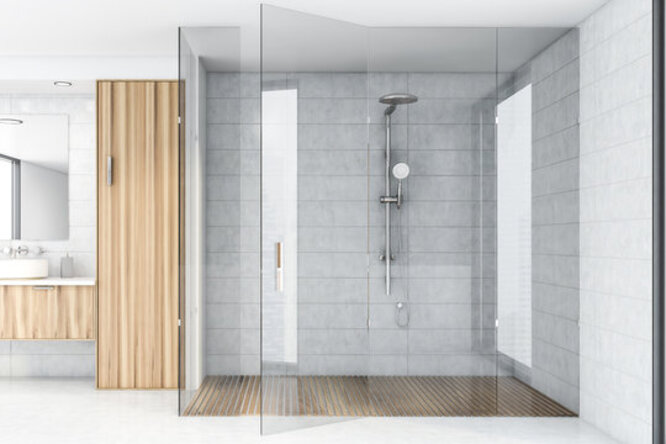
When you talk about the epitome of beauty in bathroom decor, you talk of walk-in showers. A walk-in shower is an enclosed rectangular space, with tempered glass and a floor-mounted drain. They are ideal if you prefer a modern-looking home with minimal design and a more spacious feel to the bathroom.
Benefits
- Easy to clean
- Offers a luxurious aesthetic appeal to the bathroom
- Very customizable
- Energy efficient
- Can be installed in a bathroom of any size
Drawbacks
- Privacy is an issue (except shower curtains are installed)
- You can raise the humidity and moisture level while taking a bath in the walk-in shower. This can lead to mold growth
7. Waterfall or rainfall showers
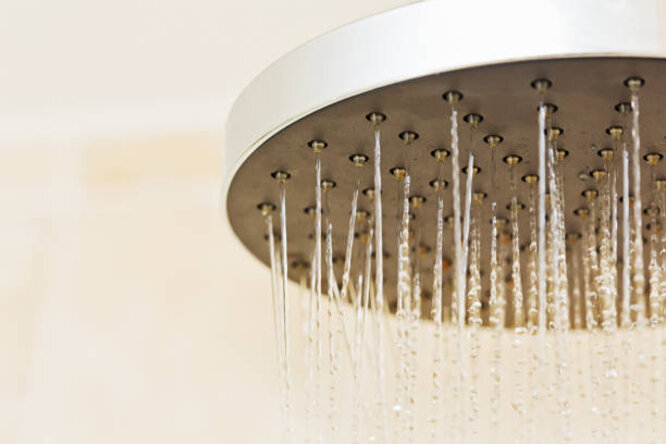
Waterfall or rainfall shower is basically one of the most popular shower types in many modern American homes today. Although they pretty much feature regular showers, what makes them stand out is their special waterfall adapter flow that emulates the flow of water from a waterfall.
Benefits
- Waterfall shower aids and improve blood flow
- Aesthetically appealing
- Highly customizable
- Offer a relaxing and luxurious shower experience
Drawbacks
- Expensive
- Not a good choice for water conservation as this type of shower encourages longer baths
- Requires a high ceiling for installation
FAQs
Which type of shower is most used?
Traditionally, the mixer shower is one of the most common types of shower in a majority of homes.
Which type of shower is cheaper to run?
Electric showers are the most energy-efficient showers to run.
Which type of shower is most durable?
In terms of durability, you will find custom showers to be the best as they are made with new high-quality materials.
Which materials are showers made of?
Showers can feature different materials such as; glass tile, stone tile, marble, ceramic, acrylic, etc.
Which type of shower material lasts the longest?
Custom-built ceramic tile or stone tile showers are more durable and long-lasting.
Choosing the best type of shower for your bathroom
With the many types of classic showers, it is pretty understandable to be torn between two or three types. But in the end, the best type of shower for your bathroom will depend on your needs and preferences.
Firstly, consider how long your shower lasts, do you use the shower for relaxation or for simple quick cleansing which is the primary goal? After that, consider your budget as finance is an important factor in any project. Lastly, consider the availability of space and how your dream bathroom would complement the available space.
Thank you for reading this article. If you are one who typically doesn’t spend a lot of time in the shower but does yearn to have a relaxing bath and take a long soak once in a while, you may be considering getting a tub. See this article on the various types of bathtubs to determine the best for you.
Thanks for reading.